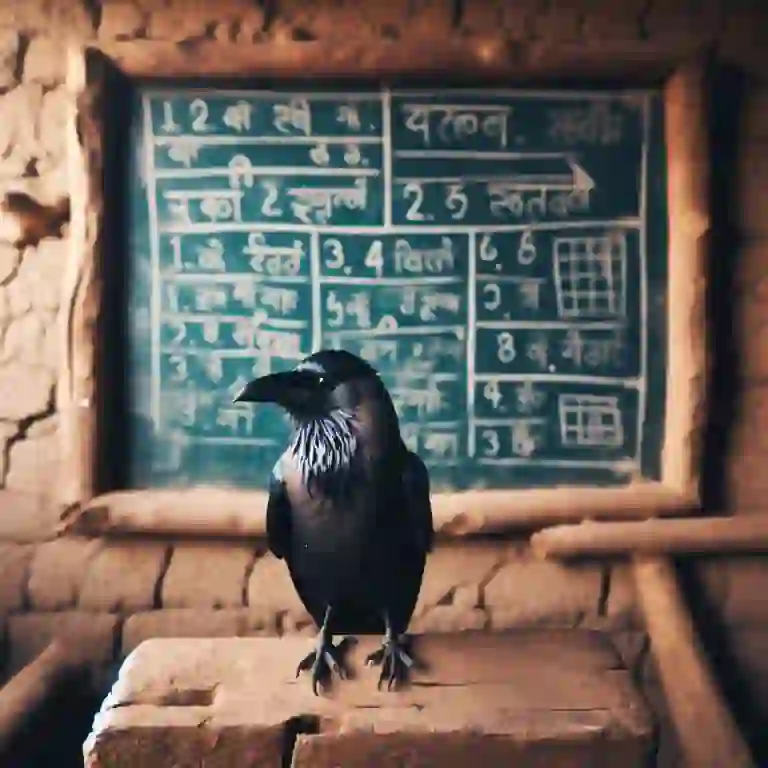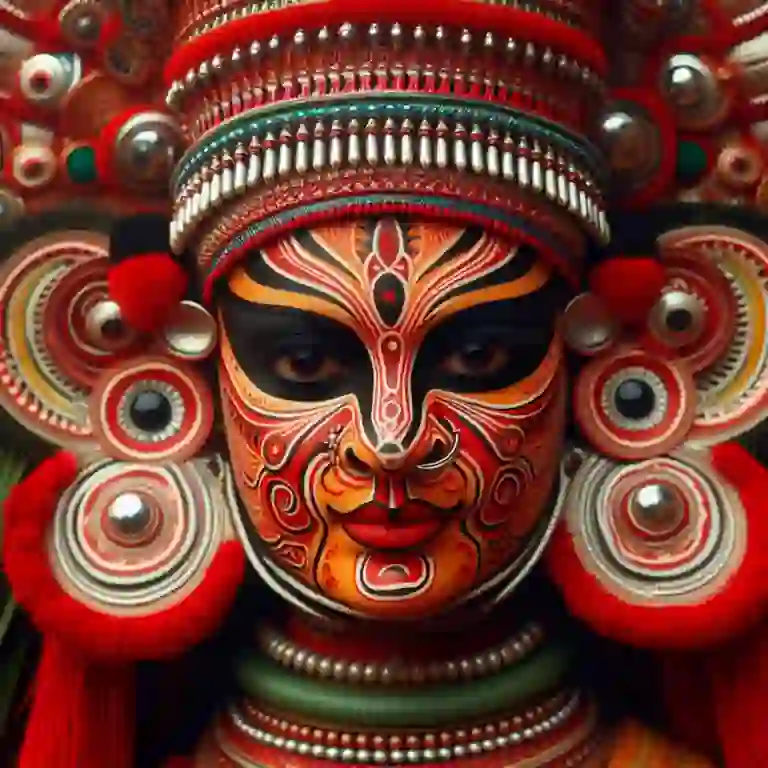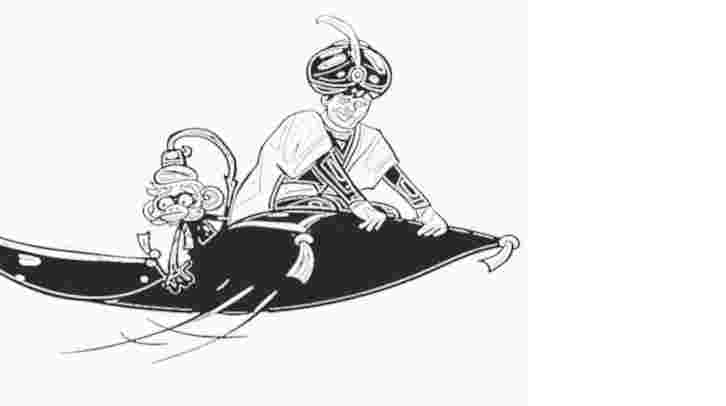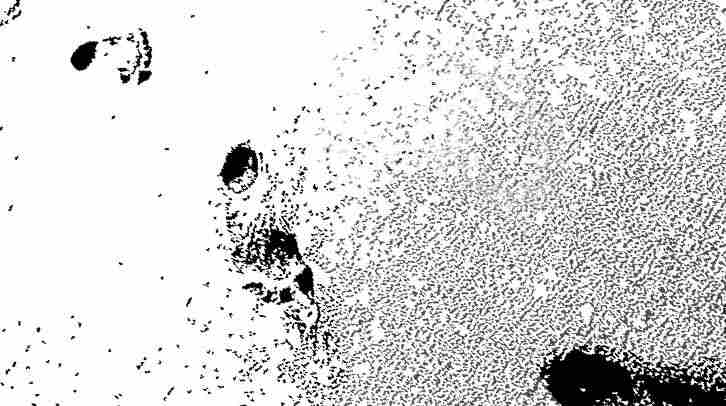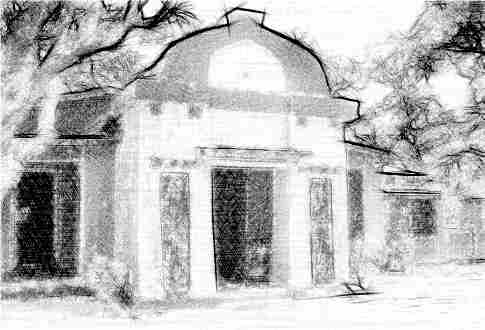-

Far So Far | Georgia Amane
After a middle-aged man who oversaw the class entered his classroom, a student on duty shouted an order. Then, all classmates stood up and bowed to him. ‘Today, I’ll teach you about…
Fiction
-

Bottom of the Hell-Hole | Paromita Goswami
This is a place that never sees the sun, perpetually covered in a thick, grainy, grey darkness. You are forced to turn on the headlights of your car even in the middle of the day. You will feel an eerie sense of displacement, a fear that the grey will get into your mouth, nose and…
by: Paromita Goswami
-

The Winged Crusader| Ramanujam Parthasarathy
‘Siraj, let’s begin with your teaching.’ I said. ‘Start the ball rolling.’ As Siraj stood up, he wrinkled his nose and twisted his mouth. I thought the effort was to produce a smile, but the result was an unintended grimace. A short portly man with a bulbous nose and a big salt-and-pepper moustache, he wore…
by: Ramanujam Parthasarathy
-

Devi’s Quest for Immortality | Tom Thomas Koshy
It’s a very common thing that during the beautiful Theyyam dance, the Hindu ritual, the performer himself converted into a deity after discarding their original identity. However, this time a huge mass of dark, irritating clouds formed around Devi’s eyes when she came to know that the dancing God grasped her presence among the large…
by: Tom Thomas Koshy
-

Lands We Don’t Return To | Joseph Antony Protus
With mist and darkness stagnant through the roads, dawn sought refuge on generous leaves and roofs atop the houses. People pacing to work never noticed the man lying on the grassy side of the road. Wounds on his chest, on each of his wrists and feet, drew the crows to peck on him. When the tea shop opened, and few…
by: Joseph Antony Protus
-

Mist in the hills | Sarpreet Kaur
There are two constants in my life right now; a throbbing pain in my joints that cracks, clips, clops and makes many other quaint noises and the second one is my housekeeper; Sangeeta who chatters, cribs, whispers and shrieks to fill the other half of my life. I also have a daughter who is married…
by: Sarpreet Kaur
-

A Case on the Moon | Uday Agarwal
Part I – Moonstruck Poet’s Guild receives a summon. The moon is embarrassed. The moon is embarrassed seeing the eyes of my beloved. The eyes possessing such innocence that they could melt the heart of the most ardent followers and at times so intense that they could awaken the souls that have lost hope. When…
by: Uday Agarwal
Popular on the Magazine
Poetry
-
Tonight I Bathe in The Dying River
brown skin, evergreen of scarsthe battle for age-old bricks in the cemeteryof silent, rasping ghosts of my god, myenemy who lives off of my squeezed…
-
In The Mountain’S Heartbeat | Ranjani Neriya
in the tinge of a valiant wickin this season of a thousand flowersit will never be dark in the house, the veiled silence of voices…
-
To write a poem about womanhood | Subarna Mohanty
To write a poem about womanhood, you have to become a woman first. And to become one, you have to survive one of the world’s…
-
The Lesson of Leaves | James T. Stemmle
at a time in my life a late phase of transition to eternal life during which my ambient thoughts are becoming more detached from reality…
-
I Want to Be Chai | Volha Kastsiuk
Here, next to the stone elephant at Kailasa temple,on the streets of Aurangabad,in the waves of the Arabic Sea,I will always be a brightshameful white…
-
Grown used to it | Ramanujam Parthasarathy
It was a malformed face with a twisted mouth, made worse by a fixed smirk on it. It was not a genetic disorder, the man…
-
Nightjar | Ananya Dutta Gupta
I have seen A nightjar now and then, A bird flying at night, Flying past at night, Something like a bird Flying past at night,…
-
Casualty | Ananya Dutta Gupta
The Toto-wallah Asked for more. He made it sound Like a legitimate demand. Perhaps I was miffed not to hear, “Please, Sir, may I have…
-
The Balcony at Coorg | Ananya Dutta Gupta
On first glance, The warblers at Ibni Seem the perfect role-models For free birds. They bide amid the bamboo grove, They bicker among the hibiscus,…
Click and check our collection:

